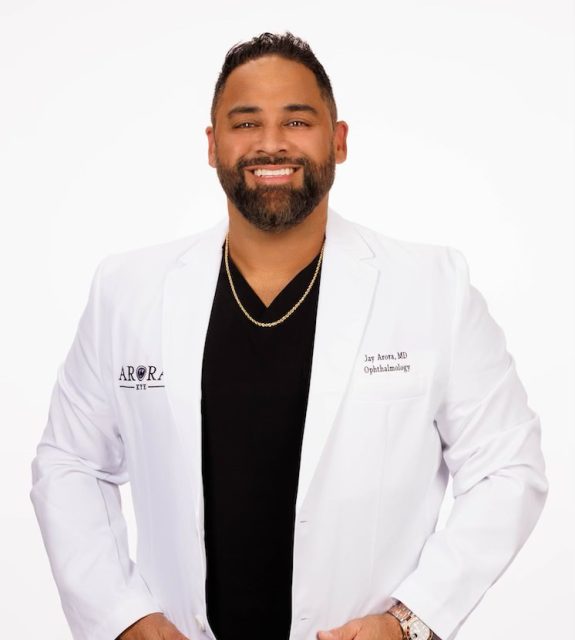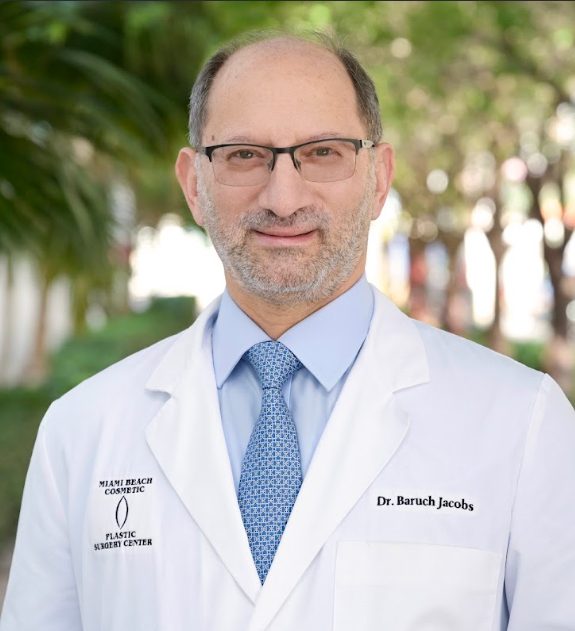 Photo Credit: Shutterstock
Photo Credit: Shutterstock
Medical tourism is a growing trend where individuals travel to another country to seek medical treatments or procedures. While it may offer some benefits, such as cost savings and access to procedures not available in their home country, it also carries significant risks, as seen in the recent tragedy where four U.S. citizens who traveled to Mexico for cosmetic surgery were kidnapped, resulting in two of them not returning. With concerns about medical tourism on the rise, we sat down with Haute Beauty expert Dr. Ira Savetsky to discuss the dangers and safety measures that must be taken into account when considering medical treatments abroad.
Haute Beauty: What are some of the common risks and complications associated with medical tourism?
Dr. Ira Savetsky: The risks and complications with medical tourism are similar to the risks of surgery at home however they tend to appear more often and more severe in medical tourism situations.
HB: How can patients ensure that the medical facilities they choose abroad meet the same safety and quality standards as those in their home country?
IS: This is often very difficult for patients to verify. Most patients do not even understand the various regulatory agencies (i.e., JCAHO, AAAASF) involved with accreditation here in the United States. Knowing the standards of each agency abroad is even more difficult.
HB: What are the differences in laws and regulations regarding medical procedures between countries?
IS: It's important to note that even in the United States, there are cases where plastic surgery procedures are performed by non-board-certified plastic surgeons. Furthermore, there are consequences for physicians who falsely advertise themselves as board-certified. When it comes to other countries, it's unclear whether they have the same level of regulation and enforcement as the US.
HB: What legal and ethical issues should patients be aware of when seeking medical treatment abroad?
IS: Patients should be aware that legal and ethical issues may arise, particularly if complications occur after returning home. If a patient experiences a complication, it may be challenging to find a qualified practitioner to manage it without paying significant out-of-pocket costs. This can lead to patients seeking care in public hospital emergency rooms, which can become costly and burdensome for the public health system.
HB: How do language and cultural barriers affect the patient's experience and outcome of medical tourism?
IS: It can be difficult to explain the technical aspects of a medical procedure, as well as pre- and post-operative instructions, even when everyone speaks the same language. When there are both language and cultural differences between the patient and the medical professionals, it becomes exponentially more challenging.
HB: What are some of the long-term risks and complications that patients may face after returning home from medical tourism?
IS: Patients who have undergone medical tourism may experience a range of complications, including bleeding, infections, and delayed wound healing. In addition, more significant and longer-term complications such as skin necrosis, blood clots, and poor cosmetic results can be devastating. In rare cases, patients may even experience fatal complications such as a blood clot or a fat embolism.
HB: What are some of the steps that patients can take to minimize the risks and ensure a safe and successful outcome of medical tourism?
IS: Do a lot of research into the regulatory agencies in that particular place. Understand the equivalence of a board-certified plastic surgeon and anesthesiologist in that location. Find out who gives operating room accreditations and try to find any data with regard to that specific clinic. Unfortunately, many patients are not doing a deep dive but rather are choosing their surgeon based on social media and/or cost.
























